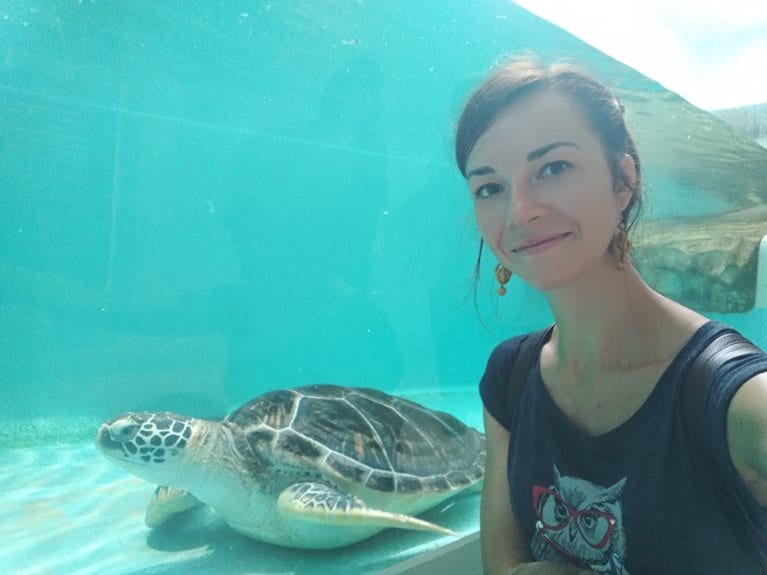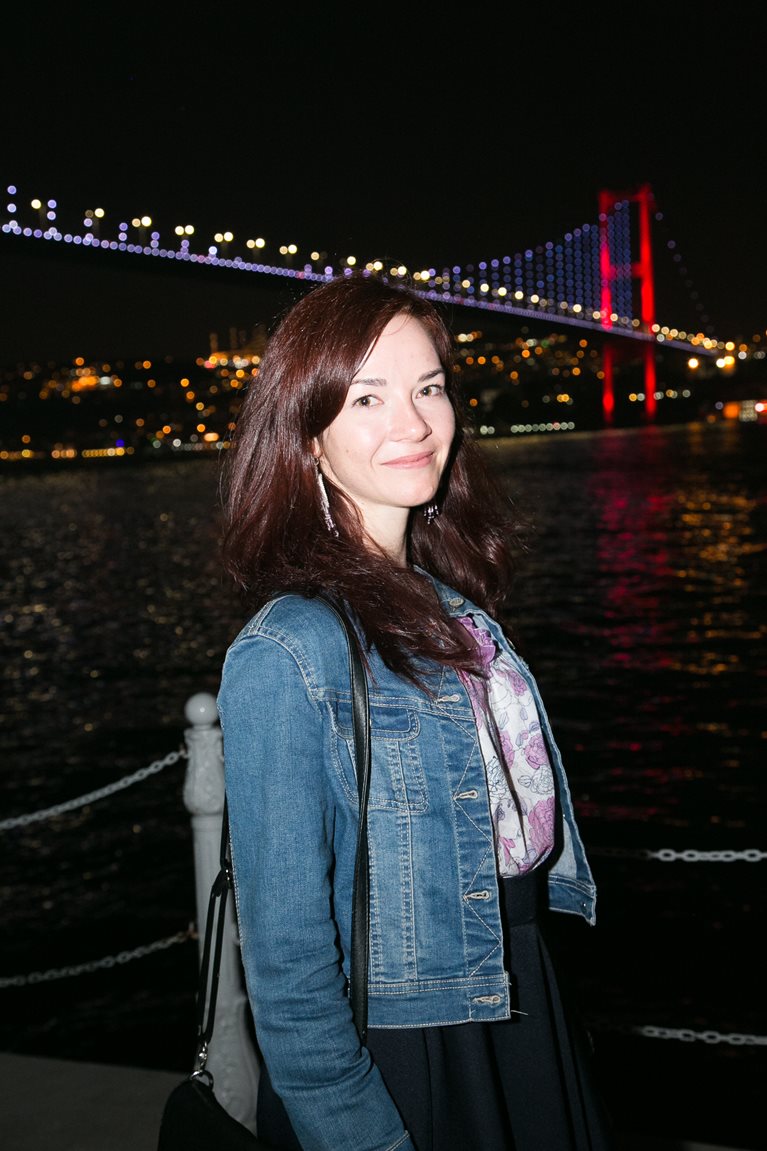Seven years ago, I was set to become a scientist. I had been studying physics at Saint Petersburg State University in Russia for six years and had worked with outstanding professors in labs in Israel, Switzerland, Japan, and Russia. Many people have asked me why I switched from academia to industry and from physics to data science; honestly, it was simple curiosity.
Right before graduation, I started searching for jobs that were challenging and explorative enough to apply my research skills and entrepreneurial mindset. At the time, I was participating in hackathons and case competitions, and McKinsey was one of the companies that organized a hackathon. My team passed the online stage and took part in the in-person stage in the McKinsey Moscow office (pre-COVID-19). Over two days, we communicated with McKinsey’s Advanced Analytics team, and I thought, “These people are so smart and enthusiastic about their work. I wonder if I could become one of them.” Six months later, I joined the firm as an advanced analytics intern. I have since moved into the role of data scientist and have been doing it for about a year.

My tasks are always connected with data. My time is split this way: 30% performing data analysis, 30% creating mathematical and machine learning models, 10% refactoring and code design, and 20% on tasks such as handling meetings, email, documents and so on. I spend at least 10% of my time taking courses, trainings, and webinars to advance my skills.
An exciting project hits close to home
Recently, I helped develop a five-year transportation strategy for my city. Modern transport systems use digital instruments and retain a tremendous amount of data. Our goal—and ultimately, achievement—was to create approaches for treating the data and using it to the city’s advantage.

My team consisted of six business analysts and two data scientists. Together, we analyzed a massive repository of geo-spatial data, including population distribution, passenger flow, and road infrastructure. Among this data was map data, which included the location of schools, hospitals, business centers, malls, homes, parks, and rails. We also had data from transport validators, city road cameras, and taxi aggregators.
Geospatial data is delivered as .shp files, so we couldn’t work with it in Excel. We needed special software or libraries to process the data, so we used GeoPandas in Python. Since the function for visualization in Python is limited, we also used QGIS. Python’s robust data analysis allowed us to confirm numerically the hypothesis and find insights, problems, and solutions in nonobvious areas. Our work will be used in official orders published by the city transport department.
This project was for my city, so on top of experiencing geospatial analytics for the first time, it was exciting to learn how transportation works here. In a couple years, I will be traveling through the city, remembering how we analyzed all the data and proposed the changes.
Taking advantage of early growth opportunities
For my first project, I was the only data scientist on the team and the topic was new for me. The project was short, so I didn’t have time to prepare by taking courses or reading. The situation might sound stressful, but I felt so much support from the first day. My manager connected me with a subject matter expert, who gladly shared his knowledge and code snippets.

At McKinsey, you are given challenging work, but you’ll never feel like it’s a burden you have to carry alone, or like you can’t ask questions. McKinsey fosters a culture of constructive feedback, and you continuously receive it from managers, coordinators, experts, and experienced colleagues. You know with certainty your successes and strengths and areas to improve, and it helps you to grow.
Commitment to advancement
I can sincerely say my job doesn’t feel like a duty; it is my interest and hobby. The firm consists of bright people who do their best; the community motivates me. Your ideas are of the same importance as your more experienced colleagues. Specifically, for data scientists, we have opportunities to advance. If you are motivated and smart, you can move into high-level positions relatively quickly.
More about Daria
When I’m not working, I spend time with my husband, friends and family doing the things I love, such as traveling and going to theaters and museums. I also enjoy taking quizzes and master classes to boost my knowledge and skills.
For more information on McKinsey's data science positions, visit mckinsey.com/TechCareers.